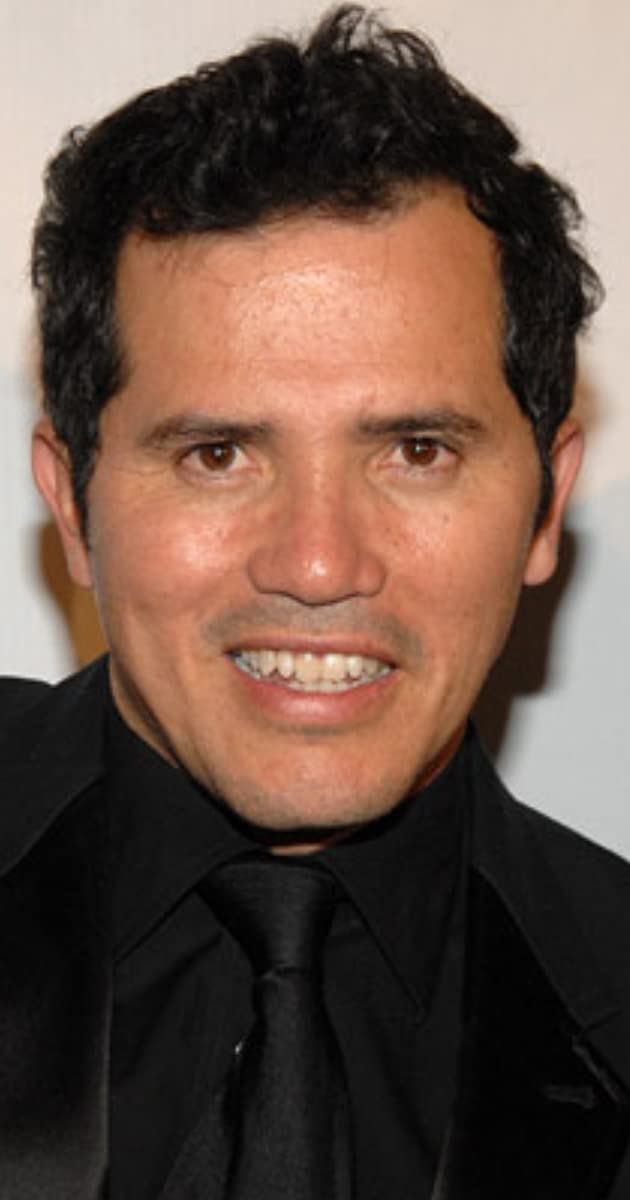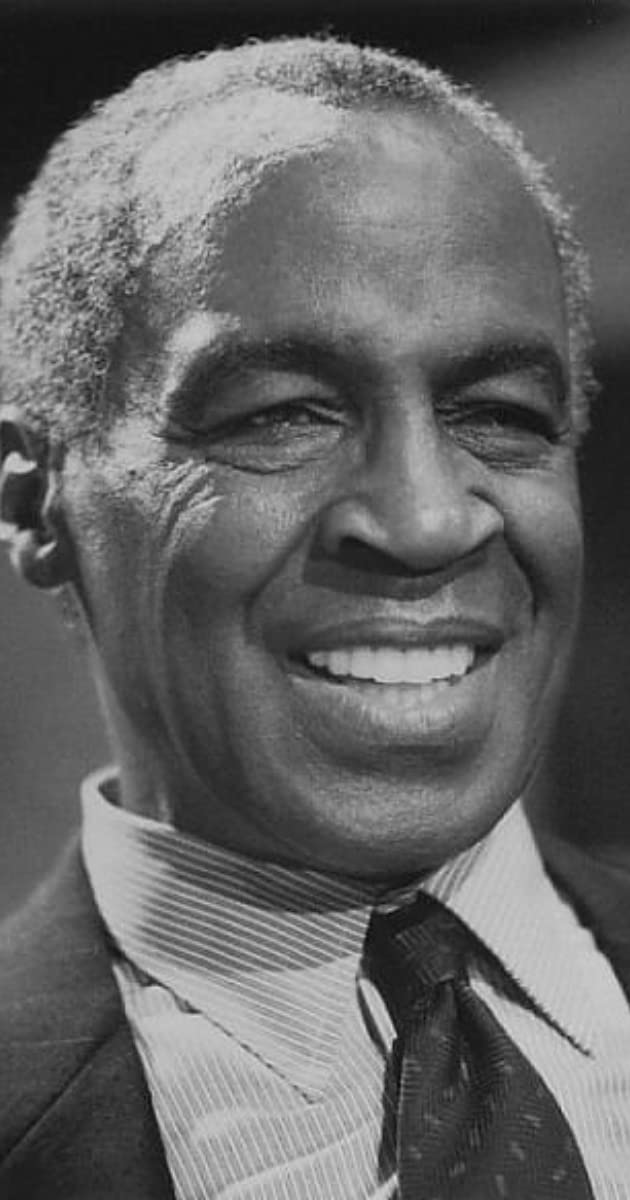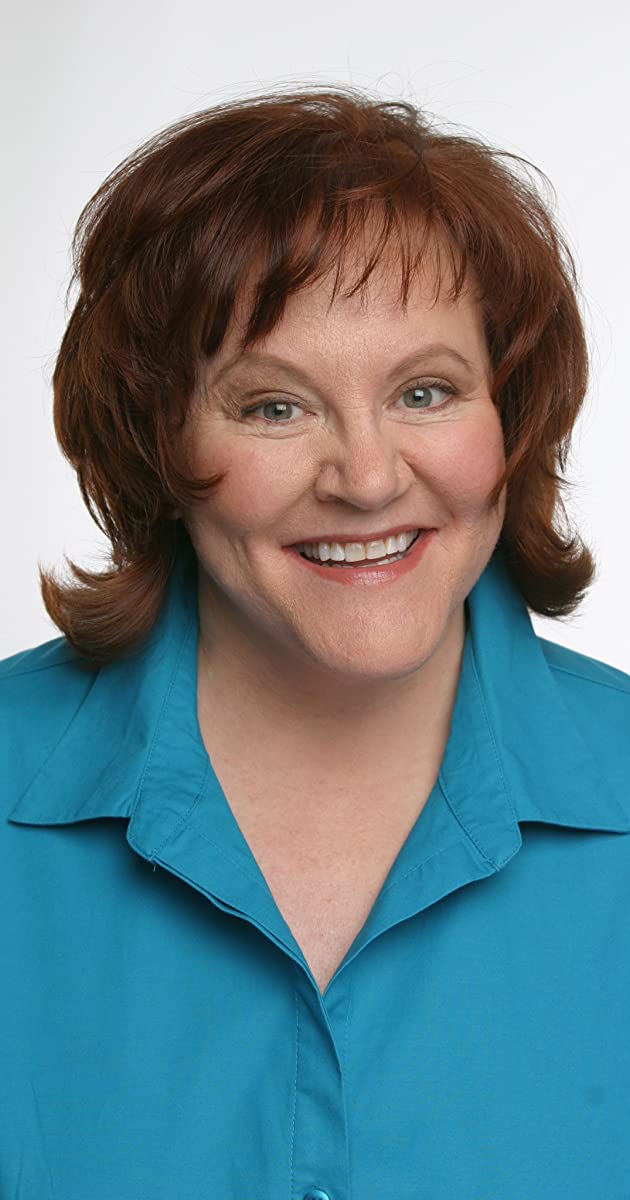
Mark Ruffalo was born in Kenosha, Wisconsin, to Marie Rose (Hebert), a stylist and hairdresser, and Frank Lawrence Ruffalo, a construction painter. His father’s ancestry is Italian, and his mother is of half French-Canadian and half Italian descent. Mark moved with his family to Virginia Beach, Virginia, where he lived out most of his teenage years. Following high school, Mark moved with his family to San Diego and soon migrated north, eventually settling in Los Angeles. He took classes at the Stella Adler Conservatory and subsequently co-founded the Orpheus Theatre Company, an Equity-Waiver establishment, where he worked in nearly every capacity. From acting, writing, directing and producing to running the lights and building sets while building his resume. Bartending for nearly nine years to make ends meet and ready to give it all up, a chance meeting and resulting collaboration with playwright/screenwriter Kenneth Lonergan changed everything.
Ruffalo won NY success in Lonergan’s play “This Is Our Youth”, which led to the male lead in Lonergan’s film You Can Count on Me (2000), playing the ne’er-do-well brother of Laura Linney. The performance drew rave reviews and invited comparisons to an early Marlon Brando. Notable roles in The Last Castle (2001), XX/XY (2002), and Windtalkers (2002) followed, although in 2002 Ruffalo was diagnosed with an acoustic neuroma, a type of brain tumor. Though the tumor was benign, the resulting surgery led to a period of partial facial paralysis, from which he fully recovered. In 2003, Ruffalo scored leading roles alongside two popular female stars, playing a police detective opposite Meg Ryan in In the Cut (2003) and the love interest of Gwyneth Paltrow in the comedy View from the Top (2003). Though both films were high-profile box office disappointments, Ruffalo went on to four notable (if highly disparate) films in 2004 – We Don’t Live Here Anymore (2004), Eternal Sunshine of the Spotless Mind (2004), 13 Going on 30 (2004), and Collateral (2004) – which solidified his ability to be both a popular leading man and an acclaimed ensemble player in either comedy or drama.
After 2004, Ruffalo was consistently at work, with leads in popular Hollywood films and independent productions that continued to solidify him as one of film’s most consistently strong actors: Just Like Heaven (2005), All the King’s Men (2006), Zodiac (2007), Reservation Road (2007), and The Brothers Bloom (2008). In 2010 Ruffalo achieved something of a breakthrough, by directing the indie film Sympathy for Delicious (2010), which won him the Special Jury Prize at the Sundance Film Festival, and co-starring as the sperm-donor father to lesbian couple Annette Bening and Julianne Moore in The Kids Are All Right (2010). His role in the idiosyncratic domestic comedy/drama earned him Academy Award, Independent Spirit Award, Screen Actors Guild, and BAFTA nominations for Best Supporting Actor.
High-profile roles in Martin Scorsese’s Shutter Island (2010) and ‘Kenneth Longeran”s long-delayed Margaret (2011) followed before Ruffalo’s appearance as Dr. Bruce Banner, aka The Hulk, in Joss Whedon’s blockbuster Avengers Assemble (2012). Garnering highly positive reviews for a role in which actors Eric Bana and Edward Norton could not find success in previous films made Ruffalo a box office star in addition to a critically-acclaimed actor. He is expected to reprise the role in the upcoming 2015 sequel, and reunited with former co-star Gywneth Paltrow in the sex-addiction comedy-drama Thanks for Sharing (2012); Ruffalo also will take the lead in Ryan Murphy’s adaptation of Larry Kramer’s AIDS-drama play The Normal Heart (2014).
Ruffalo has been married to actress Sunrise Coigney since 2000; the couple have three children, a son and two daughters.


